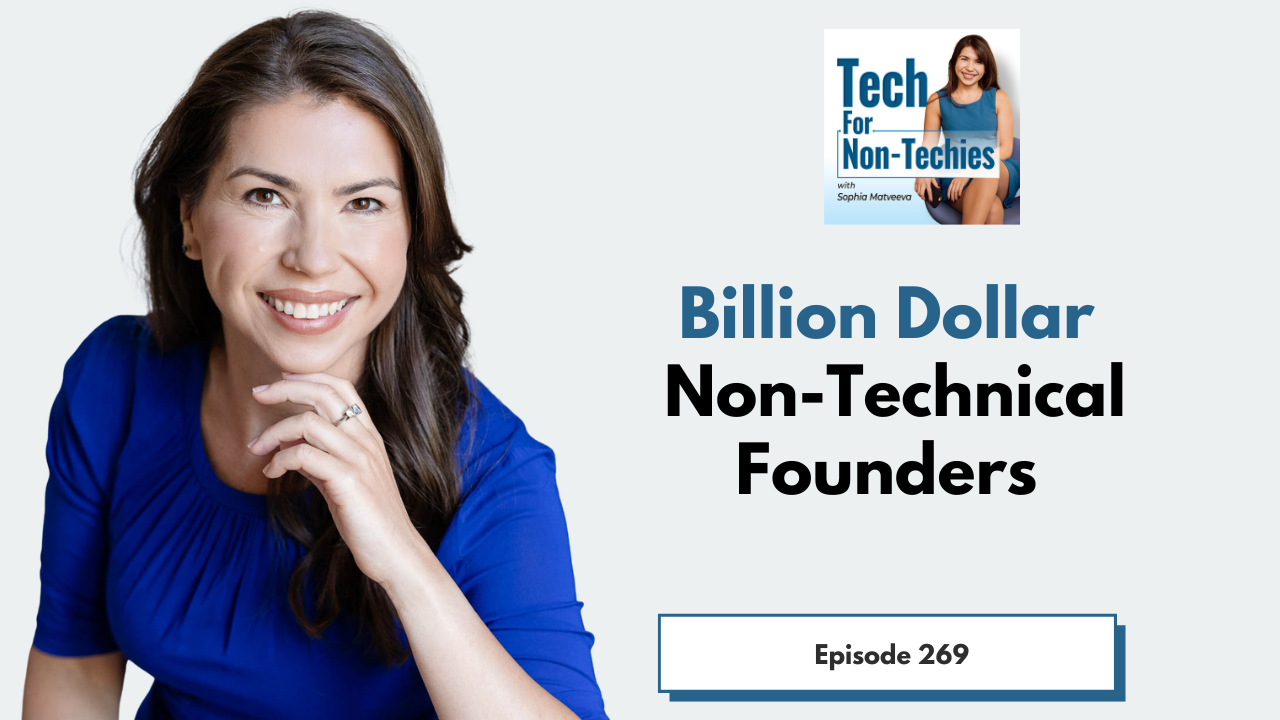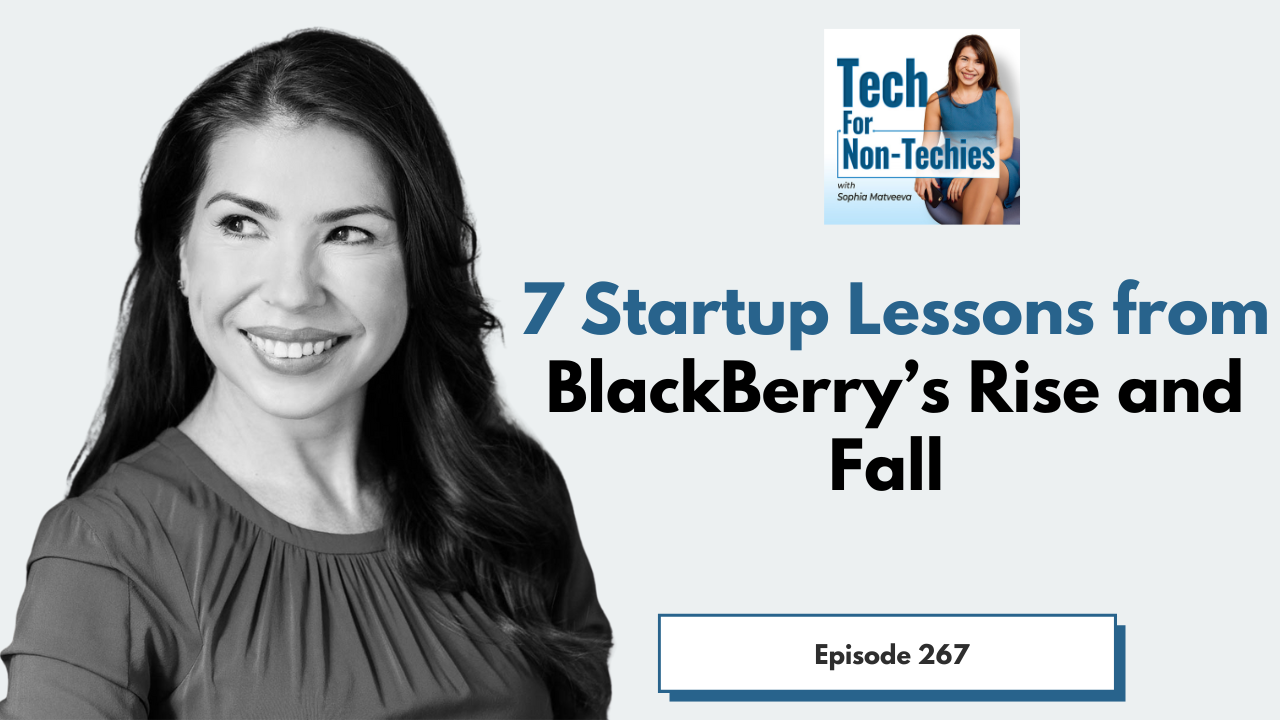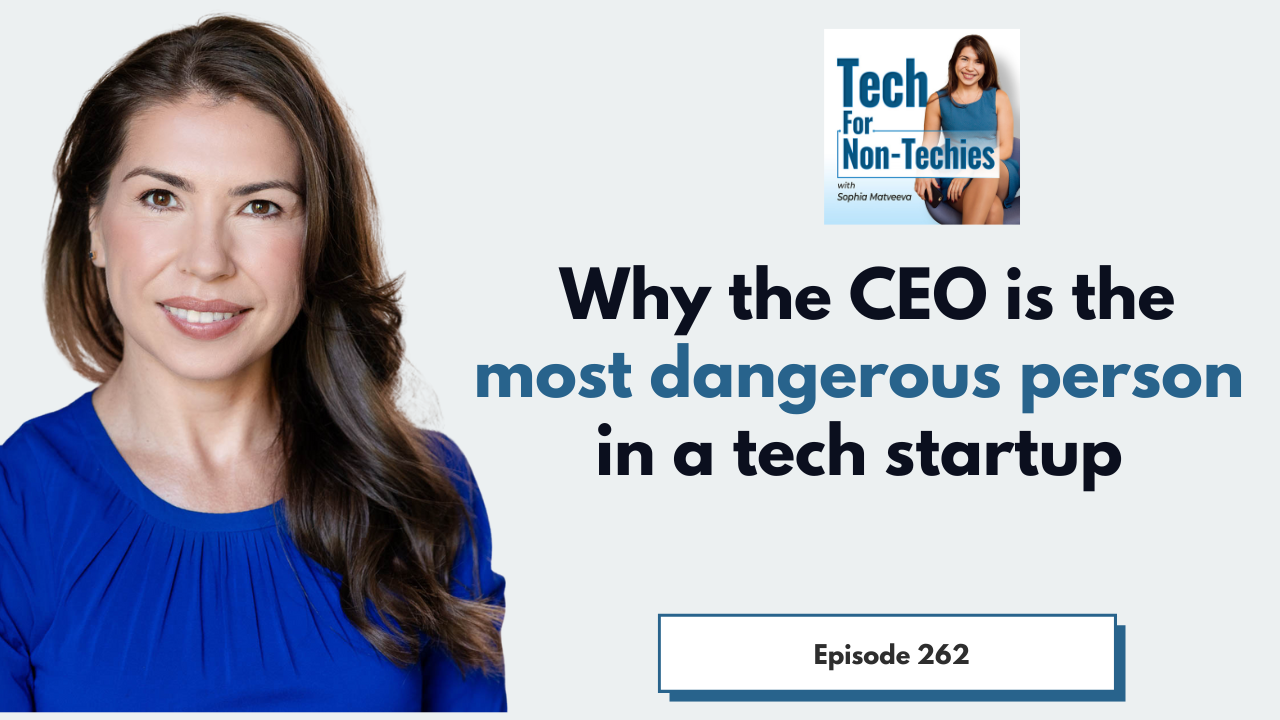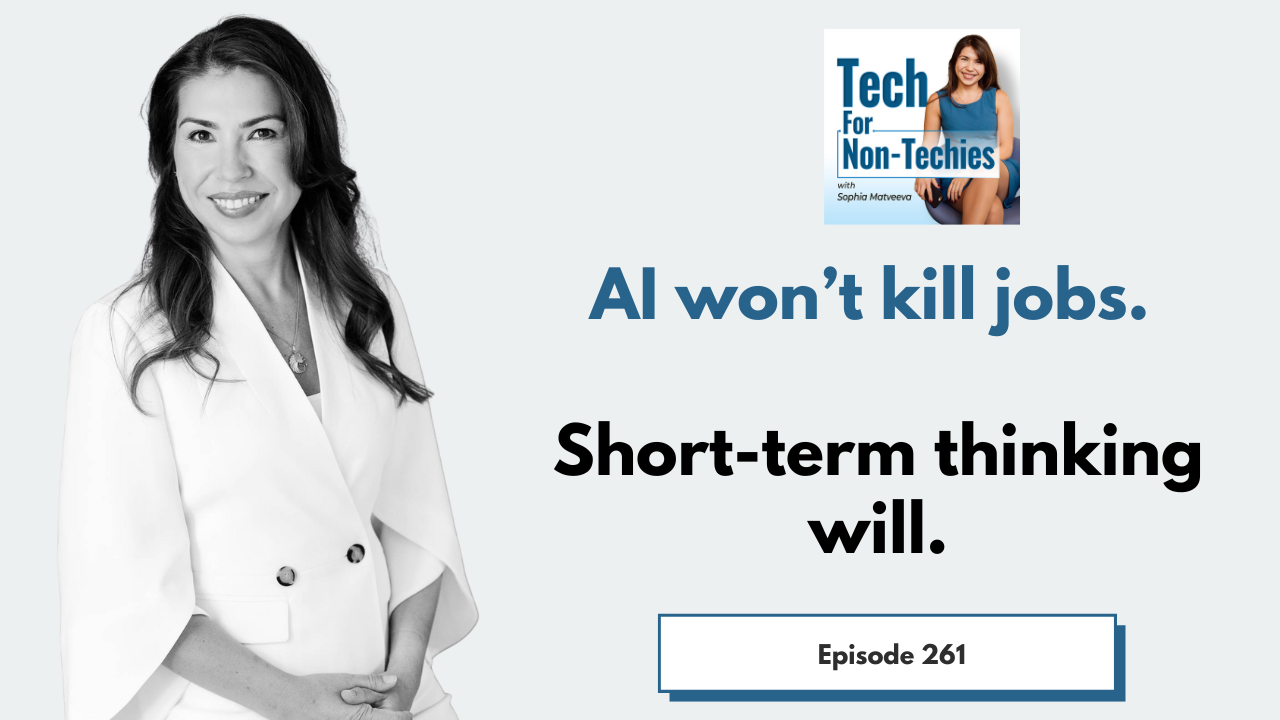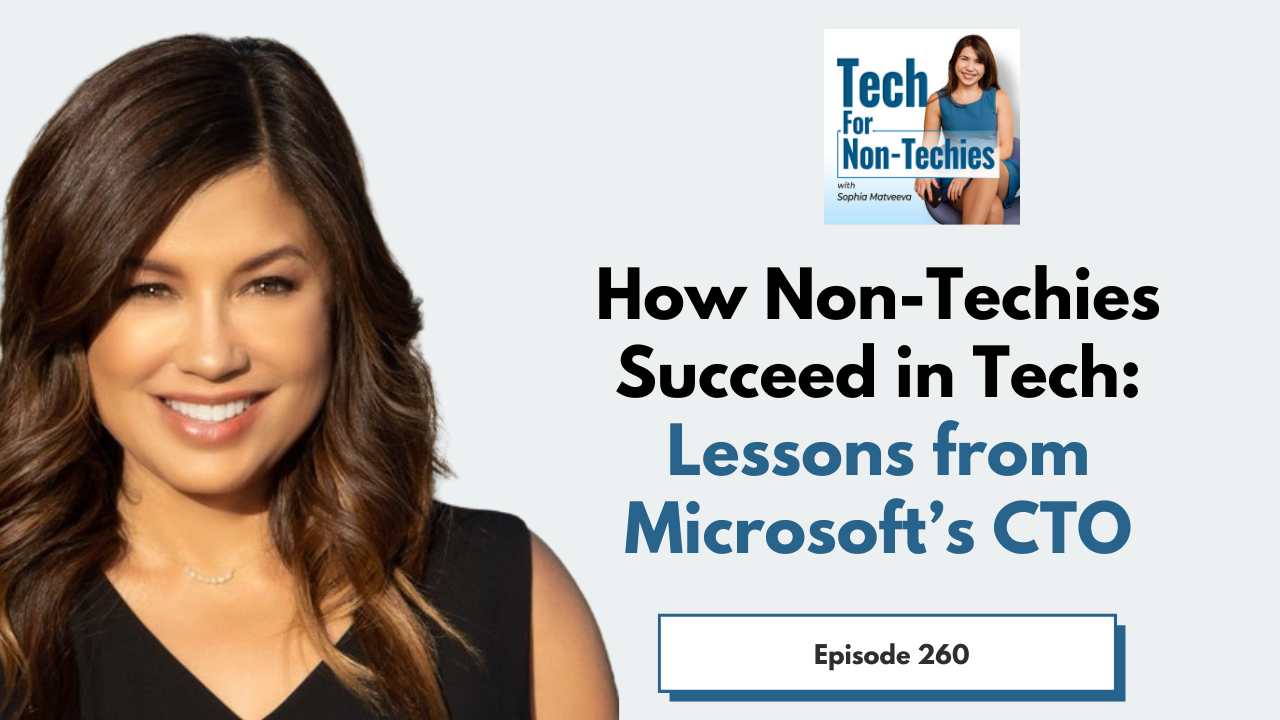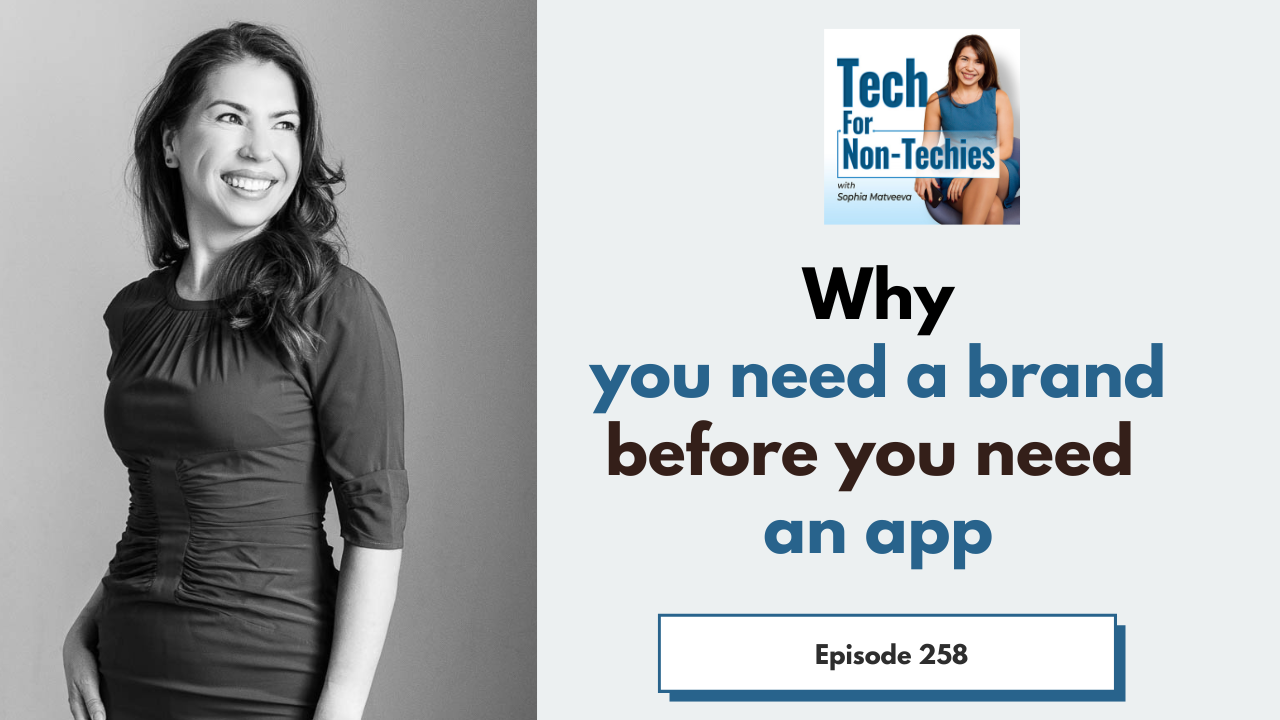Most founders think you need to be technical to build a billion-dollar company.
But some of the world’s biggest tech giants were started by people who never wrote a single line of code.
In this episode, Sophia Matveeva unpacks the journeys of four non-technical founders who rewrote the rules of...
Most founders think securing investors will solve all their problems.
But fundraising often creates a new set of challenges—misaligned expectations, endless reporting requests, and pressure that pulls focus from building the business.
The truth is, raising capital isn’t just about money.
It’s...
Most non-technical founders dream of building a game-changing tech product—without learning to code.
But bridging the gap between vision and execution? That takes more than just a good idea.
In this episode, Sophia Matveeva breaks down 7 essential lessons from the rise and fall of BlackBerry, a...
Most founders dream of creating a product so good it sells itself.
That’s the promise of product-led growth: customers discover, share, and adopt your product with little to no sales effort.
Sadly that's rarely the reality.
In the early stages, almost every founder has to do the hard, unglamor...
If you’re a non-technical founder building your first product, this episode is for you.
In today’s lesson, Robyn Exton shares the real story of how she went from branding agency employee to founder of a global tech company — without writing a line of code.
She didn’t raise millions on day one. ...
If you’re the kind of leader who is “on” all the time — even on vacation — this episode is for you.
In today’s lesson, Sophia Matveeva shares a practical, honest approach to taking time off without pretending you’ll fully unplug.
Because when you're in charge, not checking work emails is often...
Why do so many software teams feel busy — but deliver so little value?
Fractional tech leader Thanos Diacakis shares why shipping more features doesn’t always mean progress.
Drawing on 25+ years in software — from startups to scaling JUMP Bikes at Uber — he explains how to escape the trap of ov...
Most startup CEOs think they’re the visionary.
But in today’s episode, you’ll learn why the CEO is often the single biggest threat to team productivity — and how to avoid becoming one.
Based on a real conversation with a seasoned CTO and a sales leader who’ve scaled startups to exit, this episo...
Some CEOs are already replacing engineers and junior staff with large language models.
But what if the real risk isn’t that AI replaces your team — it’s that it doesn’t, and you’re left without a talent pipeline?
In this episode, Sophia Matveeva breaks down:
-
Why cutting junior hiring today
...
What does it really take to lead in tech without a technical degree?
In this episode, Jennifer Byrne, former CTO of Microsoft US, shares how she built a top-tier tech career starting with a psychology degree — and why understanding context, not code, is your key to success.
You’ll learn:
-
H
...
Think advertising is just TikTok, Instagram, or TV? Think again.
At Cannes Lions, a major industry summit, Big Tech set the agenda for what’s next in AI, branding, and attention. This is your insider's summary.
In this episode, you will learn:
-
How offline spaces are powering smart digital
...
Most founders dive straight into building — features, user flows, no-code tools — before they’ve nailed the strategy that actually drives traction: brand.
In this episode, Sophia Matveeva shares why brand must come before product, especially for non-technical founders building tech-enabled busin...

